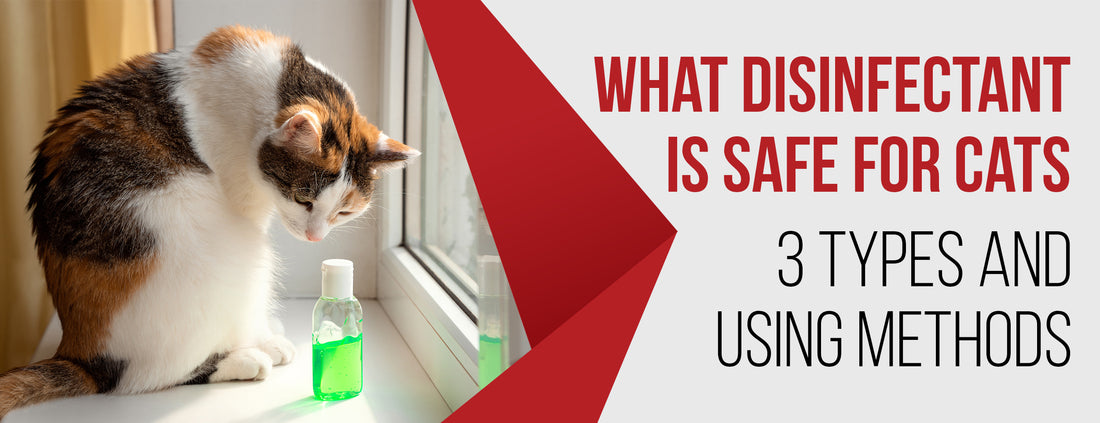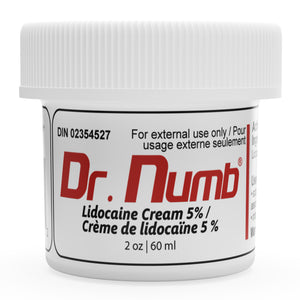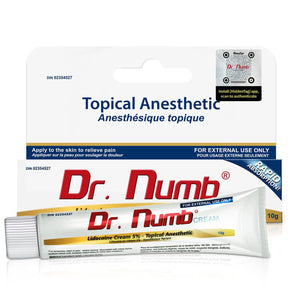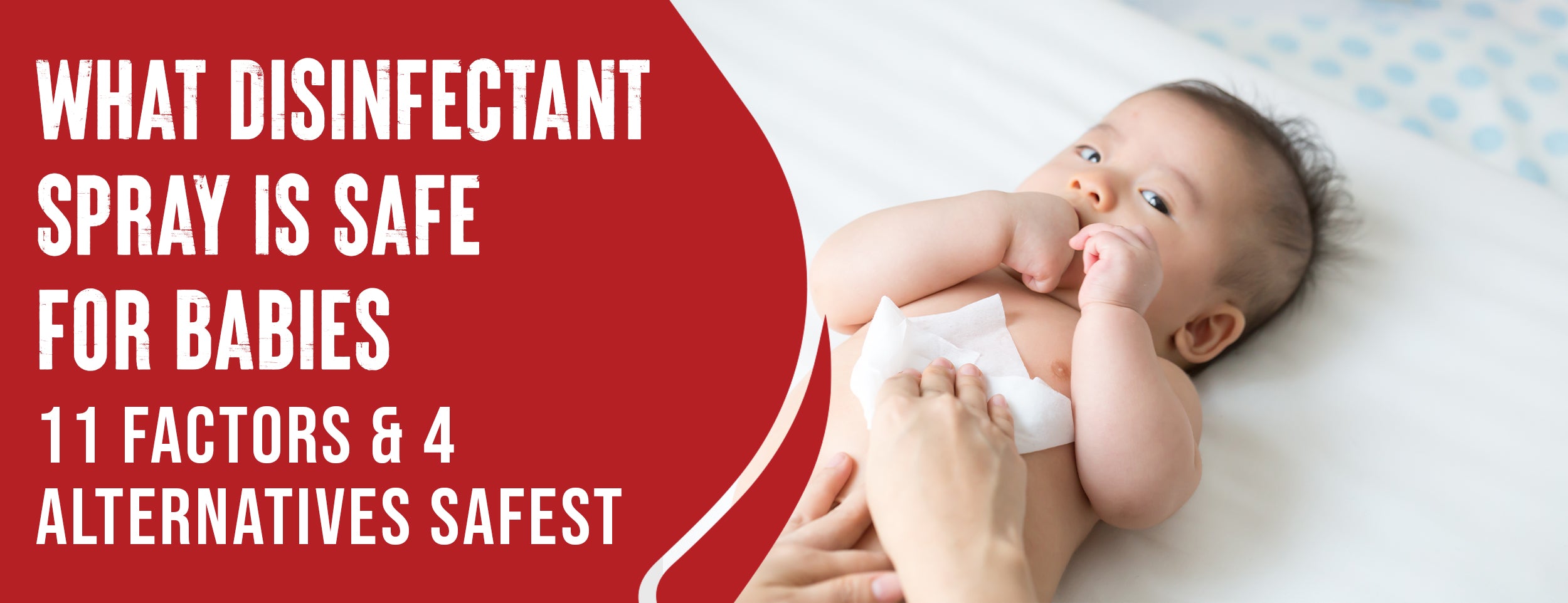Disinfectants are crucial for cats to eliminate contagious pathogens. They are vital in preventing infection spread, especially in situations without vaccination or specific treatment. Regular hygiene and disinfection protocols maintain a safe and healthy environment for feline companions.
Diluted washing-up liquid (non-ionic or anionic detergents) can be a less irritant disinfectant safe for cats. If disinfection is necessary, adequately diluted bleach can also be considered an excellent antibacterial agent.
We'll explore the best disinfectants for cat owners to use and provide you with practical tips to use them correctly.
What Disinfectant is Safe for Cats: 3 Types

When choosing a disinfectant, selecting one that has proven safe and effective for cats is essential. We will discuss the various types of safe disinfectants for cats, their advantages and limitations, and how to choose an appropriate one based on specific factors.
Types of Disinfectants Safe for Cats
Disinfectants Recommended for Animal Use: Animals and their living areas require explicitly formulated disinfectants.
Hypochlorites and Bleach: These are potent disinfectants that can kill many bacteria, viruses, and fungi. They can be harsh and corrosive and should be used cautiously.
Ethanol: Ethanol is an effective disinfectant against many bacteria and viruses and is safe for pets. Using it in a well-ventilated area and avoiding direct contact with your cat is crucial.
Heat and Steam: Heat and steam are natural disinfectants that can effectively kill many bacteria and viruses. They require specialized equipment and may need to be more practical for daily cleaning.
Advantages and Limitations of Each Type of Disinfectant
Here are some advantages and disadvantages of each type:

Hypochlorites and Bleach:
Advantages: These disinfectants effectively kill many bacteria and viruses, including those that cause cat diseases.
Limitations: These disinfectants have harsh effects and may cause skin irritation in some cats. They should always be used according to the manufacturer's instructions.
Ethanol:
Advantages: Ethanol is a potent disinfectant that can kill many bacteria and viruses. It is also safe for pets when used correctly.
Limitations: Ethanol can be flammable and should always be used with caution. It can also irritate if it comes into contact with the skin or eyes.
Heat and Steam:
Advantages: Steam and heat are natural disinfectants that do not require any chemicals. They are also effective in killing many types of bacteria and viruses.
Limitations: Specialized equipment is required and may need to be more practical for daily cleaning. In addition, excessive heat or steam can damage some surfaces.
Disinfectant Selection
When selecting a disinfectant, it is essential to consider various factors such as:
- Specific cleaning requirements.
- Cat's age, health status, and behavior.
- The type of surface you are cleaning.
- The sensitivity of the cat's skin.
- The presence of other pets in the household.
Cats and Disinfectants: Using Methods

Choosing the proper disinfectant is essential, as some disinfectants can be toxic to cats. We'll discuss some tips for safe and effective use of feline-friendly disinfectants.
Choosing the Right Disinfectant
Before using any disinfectant, checking if it's safe for cats is essential. Avoid disinfectants that contain bleach, ammonia, or phenol, as they can be toxic to cats. Always opt for disinfectants that are specifically designed for use around cats, such as those that use hydrogen peroxide as an active ingredient.
Kitchen Countertops and Floors
The kitchen is one of the most crucial areas in a house that needs to be disinfected regularly. To keep your kitchen countertops and floors free of harmful bacteria, follow these steps:
- Clear the surfaces and sweep the floors to remove food crumbs or debris.
- Clean the surfaces with a cat-safe disinfectant, following the manufacturer's instructions.
- Rinse and dry the surfaces thoroughly before using them again.

Litter Boxes and Trays
Litter boxes and trays can harbor harmful bacteria and pathogens, making them breeding grounds for infections and diseases. To keep your cat's litter box clean and sanitized, follow these steps:
- Make sure the litter box or tray is cleaned daily of solid waste.
- Once or twice a week, empty the entire box or tray and wash it with a mild detergent and warm water.
- Rinse the box or tray thoroughly and apply a cat-safe disinfectant to sanitize it.
- Allow the container or tray to dry completely before refilling it with fresh litter.
Scratching Posts and Toys
Scratching posts and toys are essential to keep your feline friends entertained and active. However, these items can also harbor harmful bacteria and viruses. To disinfect scratching posts and toys, follow these steps:
- Clean the items using mild detergent and warm water.
- Rinse the things thoroughly with cat-safe disinfectant.
- Allow the articles to dry completely before giving them back to your cat.
Bedding and Blankets
Your cat's bedding and blankets may harbor bacteria and parasites, causing infection and disease. To disinfect your cat's bedding and blankets:
- Wash them with hot water and detergent at least once a week.
- After washing, add cat-safe disinfectant to the rinse cycle to kill any remaining bacteria and viruses.
- Dry the bedding and blankets before returning them to your cat's bed.
Food and Water Bowls

Your cat's food and water bowls must be disinfected regularly to free them from harmful bacteria and parasites. To disinfect water and food bowls for your cat:
- Wash the bowls with hot water and detergent after every meal.
- Use a cat-safe disinfectant on the bowls and let it sit for a few minutes.
- Be sure to thoroughly rinse and dry the bowls before using them again.
Conclusion
Healthy environments are essential for the well-being of our cats. Choosing the proper disinfectant and using it correctly can prevent accidents and harm to both cats and their owners. As cat owners, we have a responsibility to use safe and effective disinfectants and to use them correctly.
We encourage you to follow the guidelines in this article to ensure the safety and health of your cats and yourself. If you need further information, we have provided additional resources or links to authoritative organizations, including Cat-World and International Cat Care.









